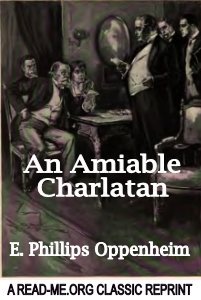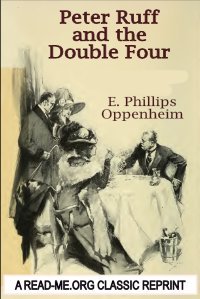By George Meredith (Author), Colin Heston (Introduction)
Diana of the Crossways, first published in 1885, represents a pivotal achievement in George Meredith’s literary career. It stands apart not merely as his most commercially successful novel during his lifetime but as a mature and sophisticated exploration of some of the most pressing social, psychological, and philosophical dilemmas of the Victorian age. This novel synthesizes his longstanding thematic concerns—gender relations, the constraints of marriage, the struggle for individual autonomy, and the social mechanisms of hypocrisy and surveillance—into a narrative that is at once accessible, profoundly ironic, and deeply analytical.
At its center is the figure of Diana Merion Warwick, a woman of exceptional beauty, intellect, and vivacity, whose struggle is emblematic of the tensions between the individual, particularly the intellectually aspiring woman, and a society structured to suppress her independence. Diana’s trajectory is not merely the story of a woman’s personal fate but a dramatization of the larger structural impediments to female agency in a patriarchal world that equates female virtue with silence, obedience, and domestic confinement.
The novel’s contemporary relevance is striking. Its exploration of gendered power dynamics, the politics of reputation, the policing of women’s voices, and the ethical failures of institutions built on inequality continues to resonate with modern readers. It anticipates many of the concerns that would later be taken up by feminist literary critics, particularly in its portrayal of how systemic power operates through language, marriage, and social surveillance.
Diana of the Crossways thus stands not merely as a compelling work of Victorian fiction but as a profound literary experiment in social critique, psychological realism, and moral philosophy. It is a novel that challenges the reader to think deeply about the structures of power that govern intimate relationships and public life, and about the costs of pursuing truth and autonomy in a world designed to punish those who do. Through its combination of narrative wit, philosophical depth, and emotional intensity, it remains one of George Meredith’s most enduring and significant achievements.
Read-Me.Org Inc. New York-Philadelphia-Australia. 2025. 275p.





















